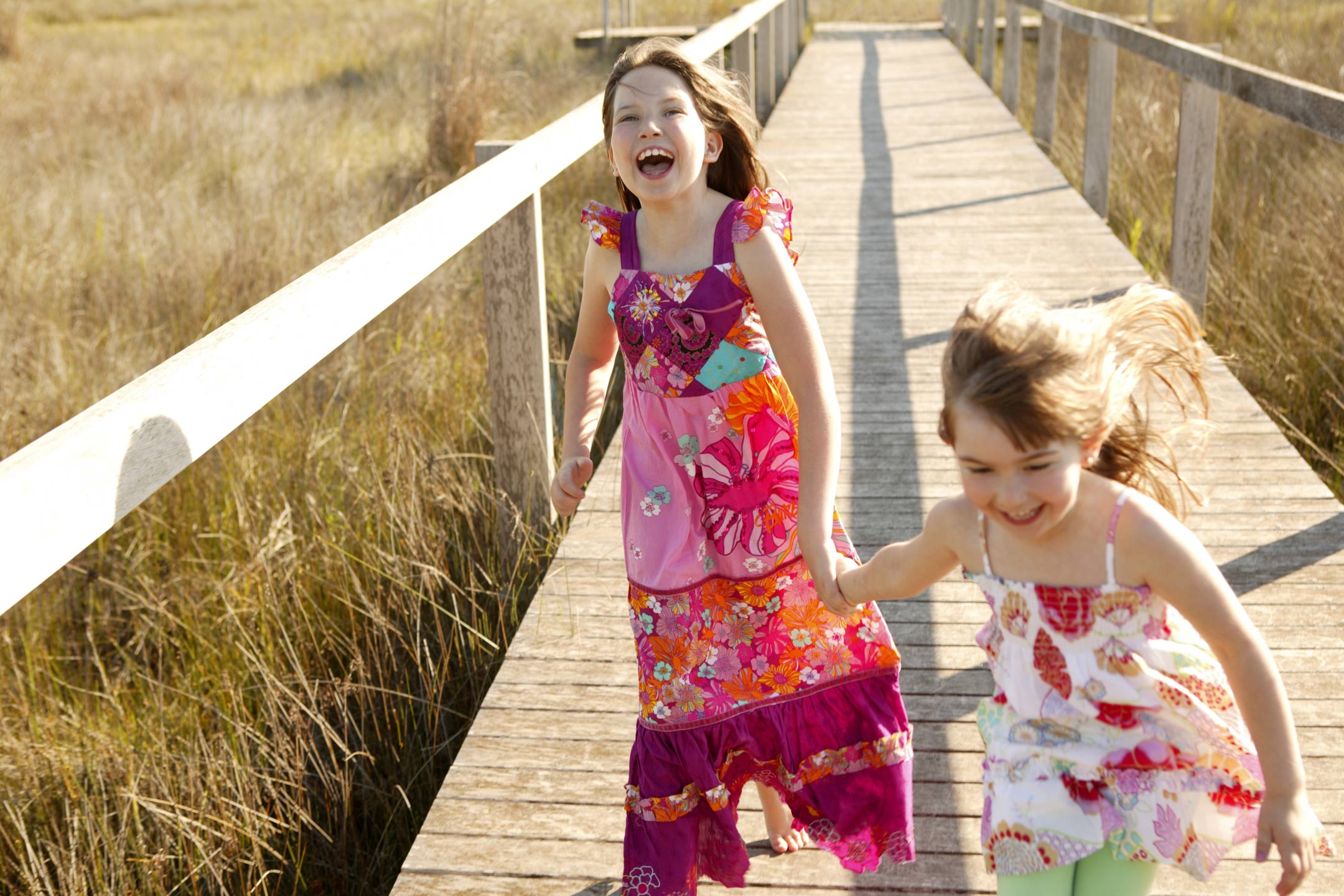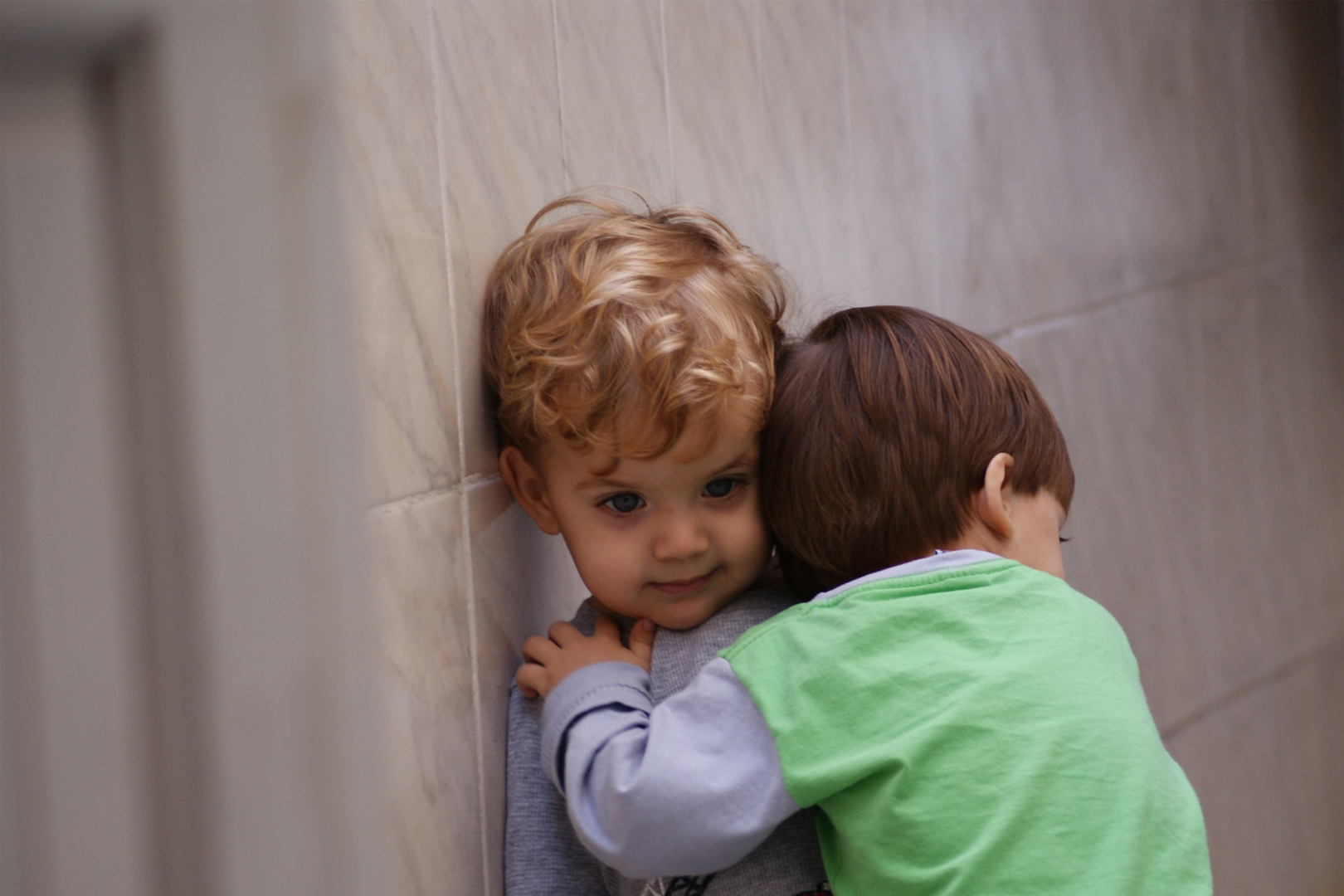
19 Jan Helping Your Child Make Friends: Practical Tips for Parents
As the new school year is about to start, parents might need to monitor and support their children through social challenges at school.
Parents worry about many things when their children first start school, but one concern often looms larger than all others: Will my child make friends?
“I was terribly nervous when my son David began kindergarten,” recalls his mother, Rebecca. “He had attended a different preschool from most of the others in his class and only knew one other person on his first day. Every parent worries that their child is going to be left out.”
Friendships benefit children in many ways. These relationships foster independence, help children learn appropriate social behaviours, and bolster their self-esteem. Conversely, children who struggle to make friends may face profound and long-lasting effects. Research by the Institute of Early Childhood at Macquarie University found that children without good peer relationships are more likely to exhibit lower academic performance and face behavioural and psychological problems, increasing their risk of mental health issues later in life.
“For most children, making friends comes naturally,” says a Perth-based clinical psychologist. “We are born social animals, and most of us intuitively know how to approach others and develop relationships.” First, friendships often form based on proximity, such as the child they are seated next to in class or the children of their parents’ friends.
However, temperament can play a role. “Naturally shy or introverted children find it difficult, if not downright frightening, to approach others,” the psychologist says. He advises parents to help by discussing social approaches and responses with their children. Rehearsing social behaviours, like making eye contact and asking to join in, can also be useful.
Lyn Worsley, director of the Resilience Centre, suggests that parents get to know other parents and teachers early in the term. “Time taken off work for this purpose is time well spent. It allows you to watch your child and see who they want to be with, then maybe ask that person home for a play date. These actions show children it is okay to be hospitable and friendly, providing a model for making their own friends.”
 Encouraging shared interests can also help children form friendships. Natalie Bishop recalls how her son Andrew struggled to fit in because he wasn’t into cricket, unlike most of his classmates. “My husband helped by practising cricket with Andrew and buying him his own set of cricket cards. This gave him the confidence to join in and establish friendships. Hopefully, when he’s older, he’ll develop his own strategies, but we wanted to set him on the right path.”
Encouraging shared interests can also help children form friendships. Natalie Bishop recalls how her son Andrew struggled to fit in because he wasn’t into cricket, unlike most of his classmates. “My husband helped by practising cricket with Andrew and buying him his own set of cricket cards. This gave him the confidence to join in and establish friendships. Hopefully, when he’s older, he’ll develop his own strategies, but we wanted to set him on the right path.”
Children generally become more adept at forming friendships as they age. Bernadette Healy, a primary school teacher, notes, “We often see students changing their friendship groups in Grades 2 or 3 as they gain the confidence to make their own choices rather than simply going with the flow.”
 Girls and boys tend to approach friendships differently. Boys often play in large groups with structured activities, while girls are likelier to form smaller, more exclusive groups. “Boys generally run as a pack for the first few years of school,” says Healy, “which can make it easier for them to settle in and find their feet.”
Girls and boys tend to approach friendships differently. Boys often play in large groups with structured activities, while girls are likelier to form smaller, more exclusive groups. “Boys generally run as a pack for the first few years of school,” says Healy, “which can make it easier for them to settle in and find their feet.”
“It seems to me that girls are more exclusive about their friendships from an earlier age than boys. They’re either eager to lead or eager to please – they have all sorts of rules and hierarchies – and there’s none of this casual coming in and out of a game as boys do.” Said Jocelyn, the mother of two primary-school-age daughters.
For picture books on making and keeping friends, see Readings
As friendships develop, cliques and bullying can also emerge. Bullying often appears when children model parents who use inappropriate tactics to get what they want. Often, the children who are bullies have been bullied themselves at home. They see how it works and try it for themselves. Teaching children assertiveness and confidence-building skills to combat such behaviours can help.
Despite best efforts, children may sometimes complain about being excluded or picked on. Teachers and psychologists warn that parental intervention is rarely helpful. Healy advises, “Even in the junior grades, it would have to be a serious problem before I would suggest that parents get involved. Kids tend to sort themselves out, and situations can change quickly.”
Children should have the chance to learn coping strategies. Lyn Worsley cautions against adult intervention, as it can model bullying behaviour. Instead, parents should regularly talk with their children about their friendships, offer handling suggestions, and discuss concerns with their child’s teacher.
Direct parental intervention is in cases of physical violence or if the child truly has no friends. This usually occurs in extreme situations, such as excessive shyness, aggression, or a physical impediment that limits participation in games or conversation. In these cases, professionals like teachers or psychologists may need to be involved.
Most situations can be managed with a low-key approach. Jocelyn recalls, “When my daughter Elizabeth started school, she was anxious about a dominant classmate who insisted on toys and lollies for friendship. We sought the teacher’s advice, which helped Elizabeth learn to stand on her own two feet and become more confident in dealing with the situation.”
By supporting children in developing social skills and resilience, parents can help their children navigate the complex world of school friendships effectively.
For more information on friendships, see Raising Children




